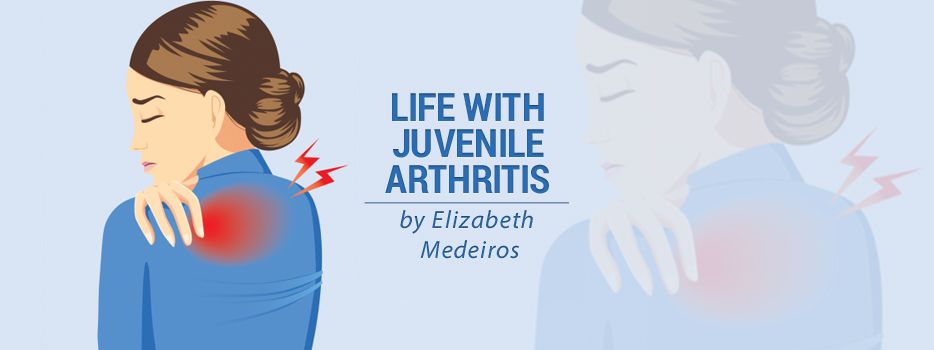A couple years ago, I had my own shelf in the kitchen cabinet devoted solely to my medicines. I had vitamins that felt like the size of a quarter (that might be a little dramatic), pretty sea-foam green capsules, the smallest tablets you’ve ever seen, and more.
Thankfully, I didn’t have to take all of these medications at once — it was a collection I had accrued while trying to find the right juvenile arthritis treatment for me. Although I eventually started biologics, which require injections rather than pills, I have a few bottles of NSAIDs and vitamins in the cabinet.
It certainly took a minute to get into the routine of taking so many medicines, and even to get used to swallowing pills that didn’t quite agree with me. It was especially tough finding what worked as a kid. Over the years, I learned quite a bit about handling medications that were hard to get down.
If it’s a tough pill to swallow
Try taking the medicine with food. Putting your pill on a spoonful of pudding or applesauce can sometimes make it easier to get down. The thick textures get you ready to swallow something more substantial, instead of water. This trick has always worked well for me!
If a tablet is difficult to take due to its size, you could ask your pharmacist if it’s OK to cut the tablet in half to make it easier for your child to swallow. They’ll still have to take both halves, but it may be more comfortable for them overall.
If it’s not the best-tasting pill
Avoid putting it on your tongue, if possible. A nurse told me about a trick she used to take her prenatal vitamins while she was experiencing morning sickness:
- Put the pill between your teeth.
- Start to drink some water.
- Don’t release the medicine until you’re ready to swallow.
I think this tip works better when drinking from a water bottle.
You can always try letting younger kids take their medicine with juice or milk to mask the flavor, though you may have to try a few different drinks to find something that works. You may also want to try the applesauce or pudding trick with them, too!
If the smell is overpowering
I had a hard time with methotrexate tablets; I found the smell to be a little gross, which was due to nausea I was experiencing. What worked best for me was putting all of my tablets into a gel capsule to take. There was no scent, plus it was easier for me to swallow one big pill than a bunch of little ones.
If your doctor says it’s OK, you could try sticking your medicine in a capsule. You can find both gelatin and vegan capsules to put smaller pills in.
What about liquids?
When I was younger and used more liquid medications than pills, I almost always used an oral syringe to take them. It was a lot easier on me than having to swallow medicine that was supposedly bubble gum-flavored. For the potent flavors, I kept some water on hand to wash it down. I feel like this option might have been a little easier on my teeth, though I have no evidence to back that claim up.
Real life isn’t as easy
While I hope some of these tips may help, I know real life isn’t so simple. Younger kids often refuse medication without the explanations an older kid could give you, such as “it tastes bad” or “I don’t like swallowing pills.” You may have to ask your child’s doctor for safe ways to administer your child’s medicine, whether it means learning a maneuver to get them to cooperate or mixing it with their food.
All I can say is different things will work for different families. And just because a child is stubborn now doesn’t mean they won’t eventually come around and stick to their medication schedule without issue. Take it from the former toddler who refused to take medicine, even with both parents holding her down, unless her grandmother gave it to her.
***
Note: Juvenile Arthritis News is strictly a news and information website about the disease. It does not provide medical advice, diagnosis, or treatment. This content is not intended to be a substitute for professional medical advice, diagnosis, or treatment. Always seek the advice of your physician or other qualified health provider with any questions you may have regarding a medical condition. Never disregard professional medical advice or delay in seeking it because of something you have read on this website. The opinions expressed in this column are not those of Juvenile Arthritis News, or its parent company, BioNews, and are intended to spark discussion about issues pertaining to juvenile arthritis.

